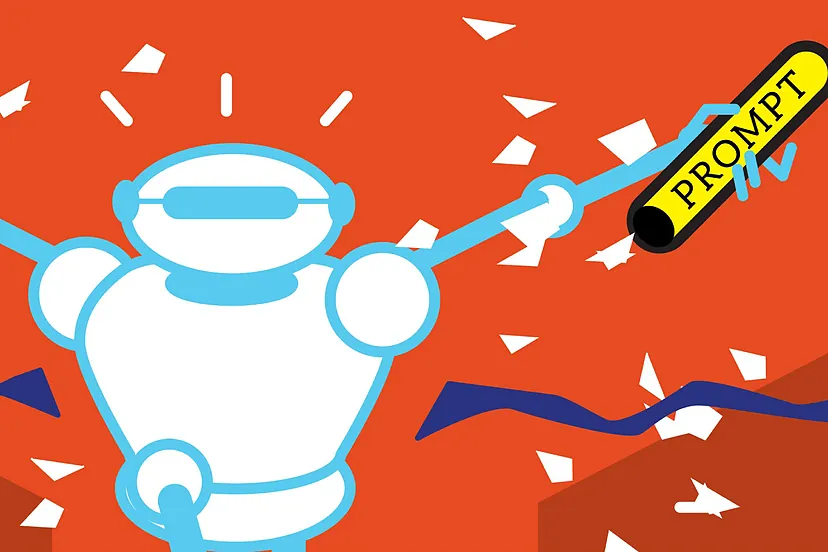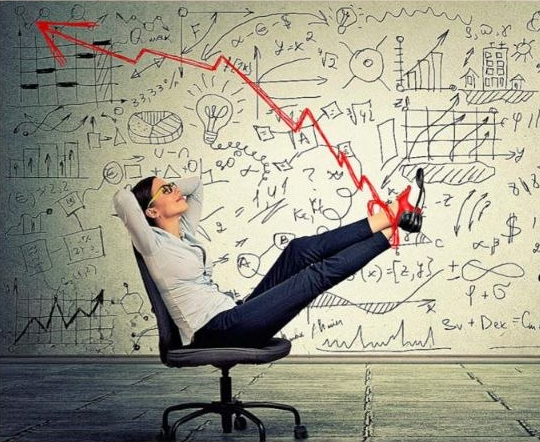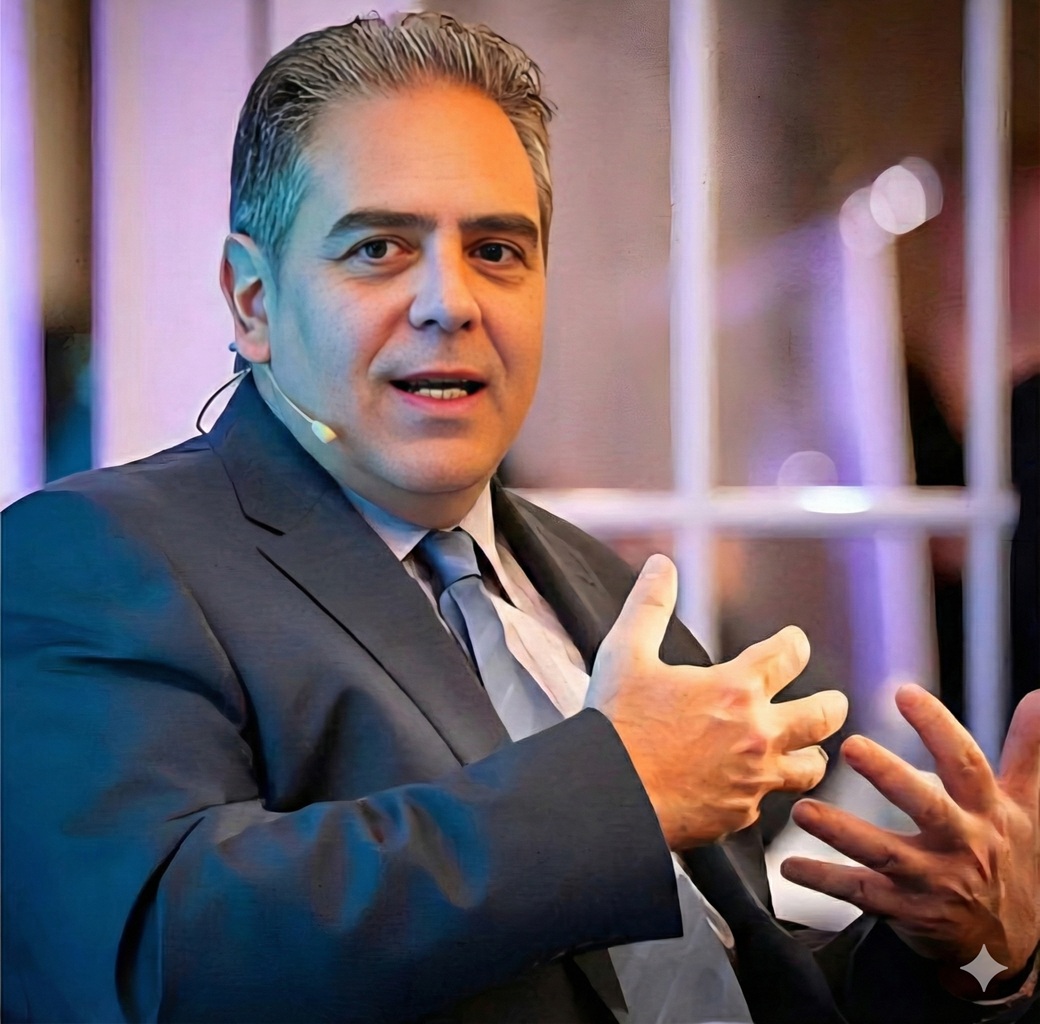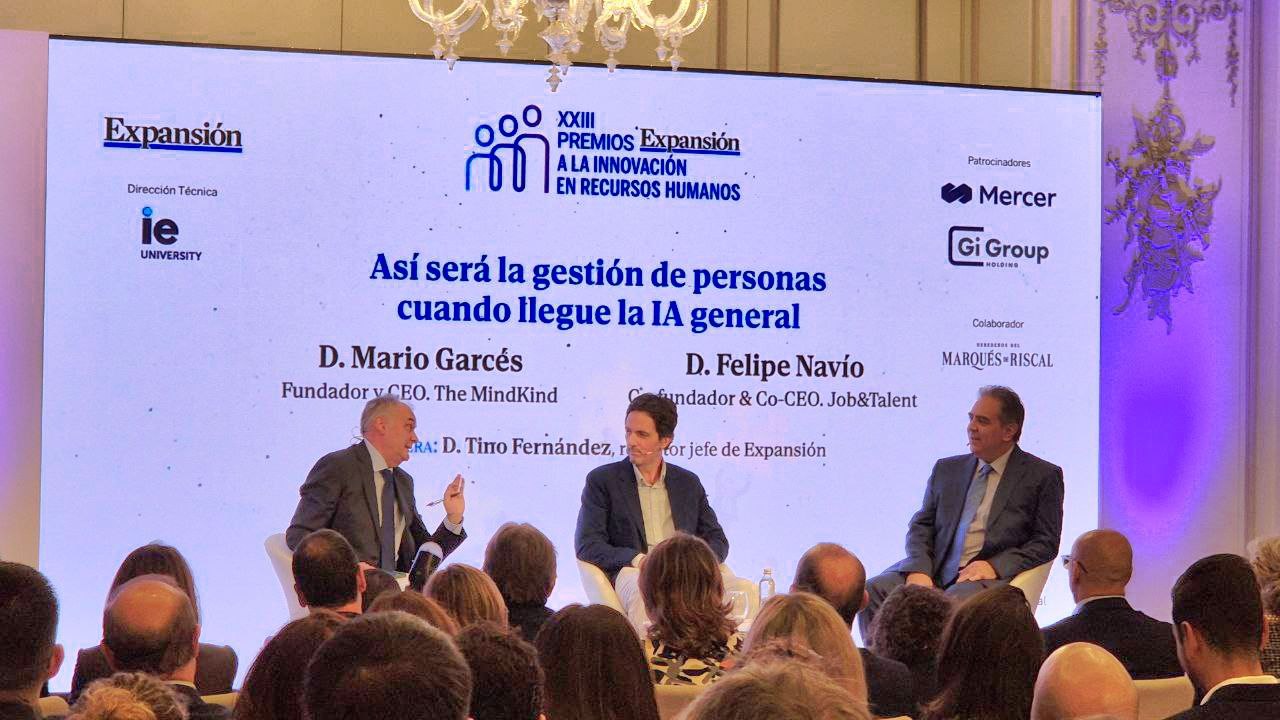The artificial intelligence that is born from the Pyrenees, through the 'startup' The MindKind seeks to provide machines with human capabilities
The Mindkind joined in May of this year to the CRECE services for the development of innovative business projects, and thus became part of the CEEIARAGON ecosystem
Talking to a machine without distinguishing whether you interact with a robot or a human. It is the great challenge that sets The MindKind, a startup created in Castejón de Sos by Mario Garcés, a computer scientist and entrepreneur from Madrid who has been based in this municipality of Alto Aragon for 15 years. There he is trying to take root this innovative and young company, which tries to enter the digital future without the rural environment being an insurmountable obstacle to it.
It is one of the eight national projects, and the only one based in Aragon, that has been selected to move to the acceleration phase of the first edition of the Dare to Jump program, promoted by the Ibercaja Foundation.
Garcés' proposal aims to create a software company specialized in the development of artificial intelligence (AI) technology, general and algorithmic, that allows to provide human capabilities to computer systems designed to interact with people.
This technology-based company was established just over half a year ago, at the end of 2020, but its birth is the result of 15 years of research in the field of neuroscience carried out by its founder. From that work has emerged a "functional model" that explains how emotions behave and their relationship with attention and cognition. The study is included in an academic article published by the journal Frontiers in Integrative Neuroscience, from which the business idea to be launched starts.
The artificial intelligence that is currently used is weak or narrow, that is, it is characterized by being specialized in a specific task. "He applies very deep statistical models to learn the rules he has to solve, but for very specific things," explains Garcés. The MindKind wants to go further and develop a general AI.
Its application is aimed at all areas where human-machine interaction occurs, whether it is a telephone switchboard, a personal voice assistant -such as Siri or Alexa-, a robot that assists elderly people or services in the world of video games -the metaverse, the parallel universe-.
General artificial intelligence is one of the technological challenges of the coming years. Currently it has not been achieved or is not known due to the secrecy of many of the current investigations. The project to create human-like AI began after World War II, when it was discovered that computers are not only number-crunching machines, but can also manipulate symbols.
In collaboration with the Technological Institute of Aragon (ITA), the startup has already developed a "cognitive architecture" of its model and before the end of the year hopes to create a prototype of the system with the aim of facing the launch of a commercial product in 2022 or 2023. "The ultimate goal is for the machine itself to come to doubt whether it is a machine or a human. We are talking about a level like the one seen in the movie Blade Runner in terms of ability, thought and inner reasoning, always simulating a conscious process, "he explains.
Looking for funding
To meet these challenges, Garcés plans to incorporate two new partners into the project soon and thus obtain funding for its definitive impulse. "We are talking to European venture capital funds," he says. In the short term it aspires to get 300,000 euros, an injection of capital that would be in exchange for 15% of the company, The total investment would be around half a million euros in a first phase if it achieves the requested subsidies.
It is not the first business project promoted by Garcés. With only 24 years he already created with several partners a software development firm (Digital File), which was sold in 2004. Then he entered the training sector, with a human resources consultancy (Daxnatur) that intended to settle in Castejón, but "the crisis of 2008 left the project in the gutter". Meanwhile, he decided to "take all my financial resources" to focus on research in neuroscience, from which his new project has emerged.

















